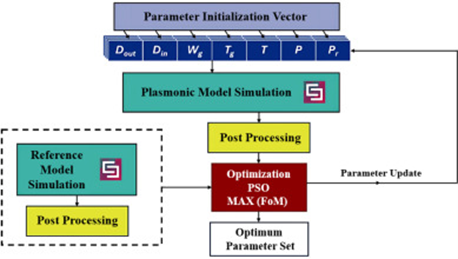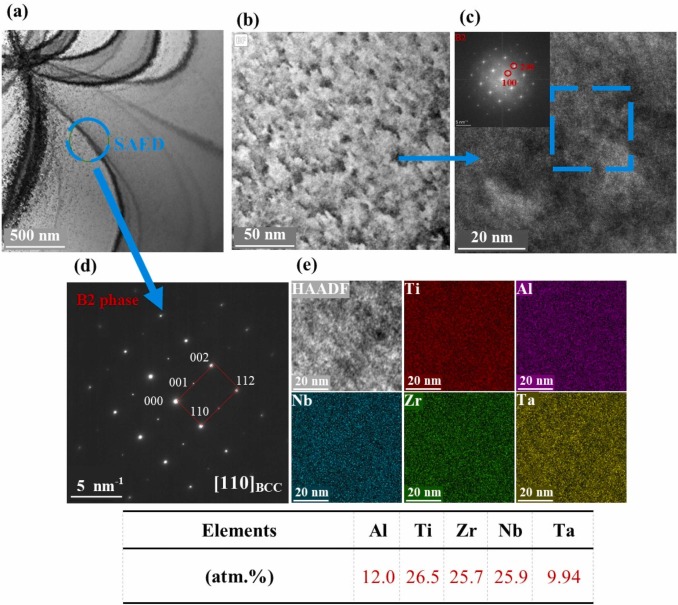
Liver Disease Diagnosis using Tree-Based Machine Learning Algorithms
Liver Disease (LD) is a lethal yet relatively common disorder that is impacting the lives of millions across the world, causing slow yet irreversible internal organ damage or total organ failure if left untreated. In this study, LD is determined as the damage a Liver sustained due to excessive drug or alcohol abuse and other causes which leave severe scarring on the Liver leading to permanent functionality loss or cancer. This study revolves around determining if a person suffers from the disease regardless of the stage of the disease. To detect and minimize the impact of LD, tree-based Machine Learning (ML) classification algorithms are employed to detect the presence of the disease. These models are Decision Tree (DT), Random Forest (RF), and Extreme Gradient Boosting (XGBoost). For the dataset, a large dataset was used, which was aggregated from most of the datasets used in research studies in this field, giving us a preference for efficient training on our models. As a result, the proposed algorithm achieved accurate results in all models and outperformed most of the research studies on Liver Disease. This study presents DT, RF, and XGBoost tree-based ML models that successfully classify a person with or without LD with an accuracy of 99.94%, 99.95%, and 99.97%, respectively. © 2022 IEEE.



